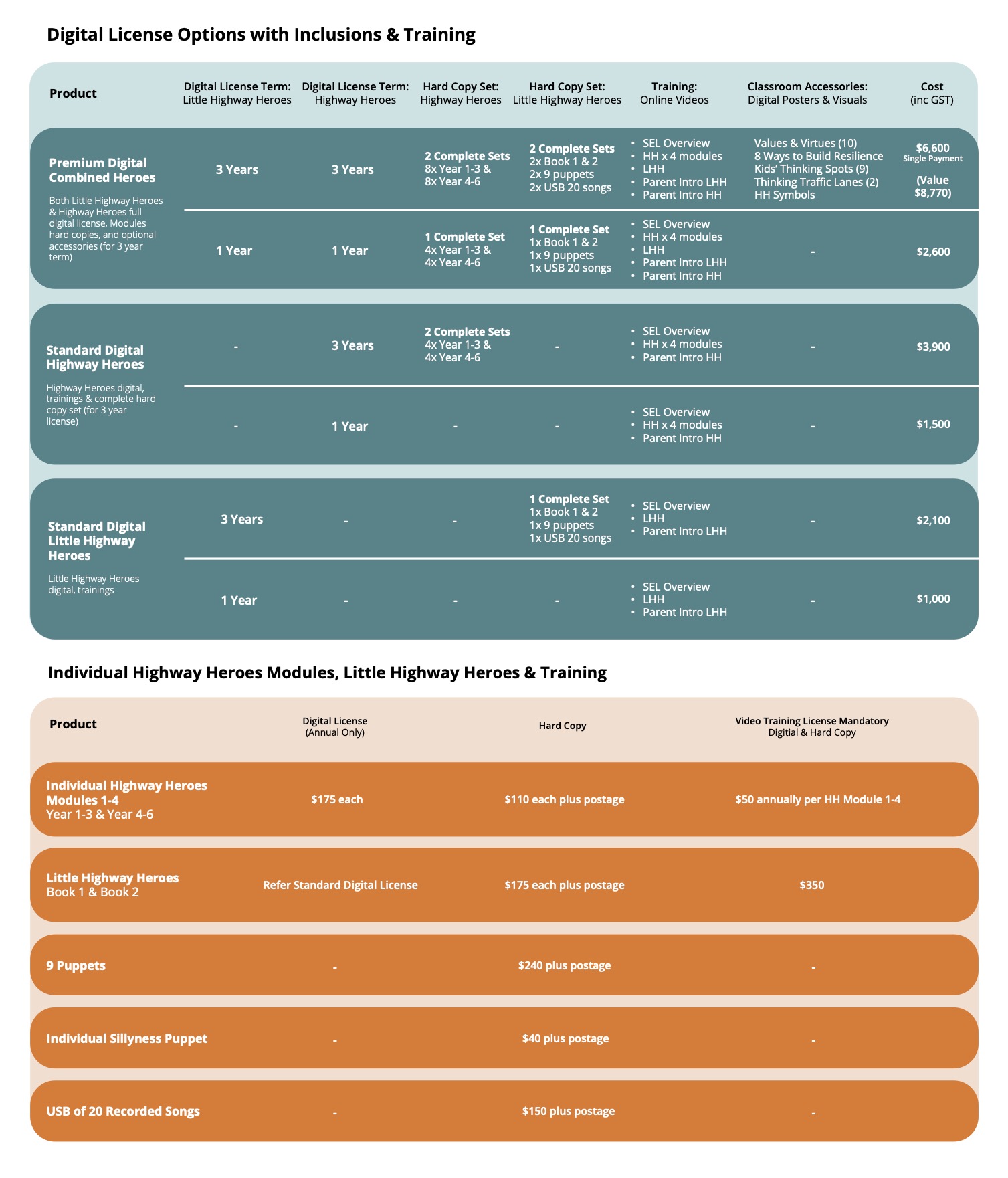Reports – yes, they’re around the corner and every child and family is going to be receiving a document that summarizes 40 weeks of learning with a single letter attributed to outcome and a comment of 2 to 3 sentences that describes effort, focus and growth points.
While some children look forward with eager anticipation to their report, others dread the opening of the envelope or email. Of primary importance to remember is that all the beautiful complexities and characteristics of a child simply cannot be distilled down to a letter and 3 sentences.
Going into report season, here’s 7 considerations and tips for every child and family to smooth the highs and the lows:
#1 – Comparison stress
Consideration – In families with more than one child, report time can be a time of comparison – this by the individual, by siblings or by parent/s. Even the anticipation of this can cause great anxiety for some children.
Tip – Encourage your child to bring their report home to open – no sneak peaks at school and make a time to sit with your child and read the report together. No sibling present. Allow your child to determine whether their sibling may or may not see their report.
# 2 – Money for grades
Consideration – “The smarter you are, the more I’ll pay you.” If your boss said this, how would you feel? When money changes hands for grades, it’s essentially what we’re saying to children. For some children a ‘C’ represents a year of REALLY hard work while for others an ‘A’ is easy to achieve – no effort at all and they may well be careless with their intelligence. Effort and persistence is far more predictive of life success than intelligence.
Tip – if money is part of your family’s reporting reward then make it about effort and not grade. What does the comment say? The attitude boxes – works independently, contributes appropriately – what’s happening there because that’s your measure of your child’s success.
#3 – Keeping perspective
Consideration – some years your child and their teacher simply do not gel. Even the greatest of teachers can simply miss the mark with a child leading to a year of parental frustration and stress for your child. Maybe your child has had a hard year socially or maybe there’s been a lot going on in your home. You’re going to see this reflected in the report.
Tip – it’s only a report. It’s only one interpretation of where your child is at and most likely will not be a massive consideration one day when they’re all grown up. Take seriously any comment of areas of deficit – but if you’ve had a bumpy year, remember – it happens and next year is a whole new and exciting adventure. You may even want to give your child your own report on their year and highlight all their achievements and strengths.
#4 – Finding the shiny bits
Consideration – it is the rare human being who is good at everything and good all the time. On your child’s report there will be areas of strength – subjects in which they will shine brightly. What are they? Are you focused on those? In a report where there is mostly bad news and letters that come after ‘C’ it can draw all attention and focus and the brightly shining nugget of strength can be overlooked.
Tip – Look for the nugget first. Ask your child what made them successful in that area? Ask them what skills and attitudes helped them to be a good learner in that area. Was it fun, active, did it require persistence and grit, did you child show confidence and resilience? The clue is to use those words to explore what made your child successful and see where these skills and attitudes can be applied in areas of weakness.
#5 – Look for attitudes first
Consideration – In every report there is a grade, a comment and a summary of your child’s skills and attitudes towards that subject area. What’s the most important part of this for you – what do you comment on first, what do you reward and perhaps even proudly post on your social media. The least important part of all of that – the grade. Yes, it tells you how your child rates and ranks in a class and in a year group population but that’s all. It does not always indicate how hard your child tried – and that’s what’s really important to remember.
Tip – When you open the report, remind your child that you’ll be reading the comments first and looking for at their learner skills and attributes – like listening, being independent and responsible and last of all their grade.
#6 – Setting goals
Consideration – life is all about making mistakes, learning from them and getting better and more efficient. Your child’s report is going to make note of areas of improvement required. What are they?
Tip – Can you pull 3 areas of improvement out and turn them into goals for the next school year? Write the goals down and then figure out how they can be achieved. Choose an accountability partner – is it you – how and when are you going to check in? Even choosing an area like being better organised will improve your child’s performance.
#7 – Getting help
Consideration – is your child doing extremely poorly or even failing in a particular area? This is a good indication that some extra help might be needed. It doesn’t have to mean tuition all Christmas holidays but it might mean that you start looking for services that can help your child to remedy to issue at hand – and remember this is true for social and emotional skill deficit as well as those in the learning areas. They all go together and are equally important.
Tip – Getting to the bottom of a recurring or new issue is a huge relief for everyone. Tuition alone might not be the answer if a child has processing issues. Social skills classes might not achieve the outcome if your child has a neurobiological base to their impulsiveness or emotional explosiveness. Stop and take the time to really reflect on what is or what might be happening for your child and try to get to the bottom of that. Far less stressful and time consuming in the long term. And let’s also say here that if you, the parent suspects something – follow your gut. You may have been told to wait and see but if you’re worried that something is going on please seek help. You know your child better than anyone – go with your gut.
Finally, you know your child better than anyone. Their report is a summary of their academic year – this measured against a set of criteria that does not consider their uniqueness, their contribution to your family, their funny little quirks, their empathy, their ability to make you a cup of tea at just the right moment. You’re going to get many reports over the years – some will bring tears of joy and others of sorrow. It’s just part of raising a child and your job the whole way along the journey is to be the steady hand, the one with reasonable expectations, the one with open arms and unconditional love. Reports – they’re just another thing that neither define your child or their ability to be successful, happy and resilient in this life time.


